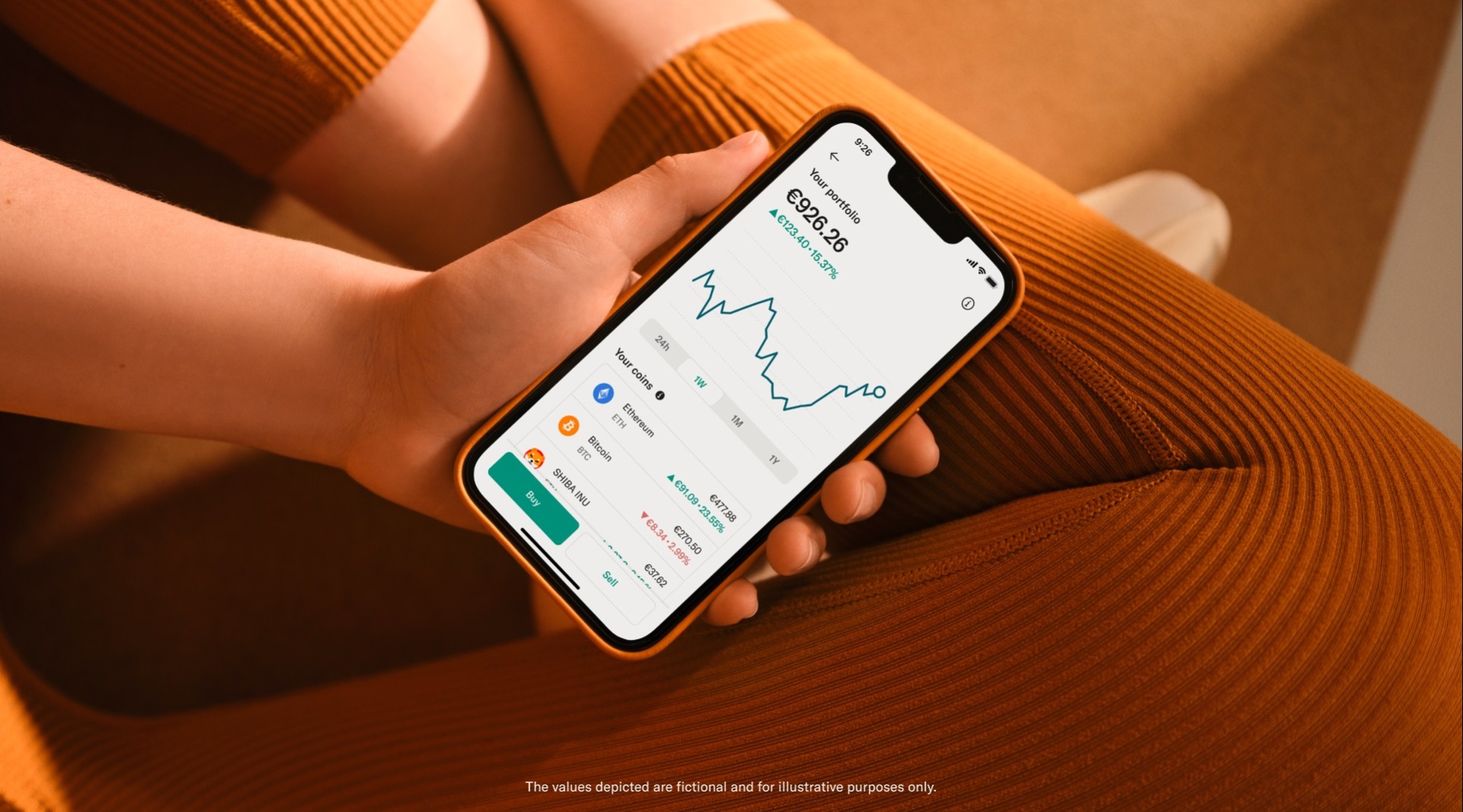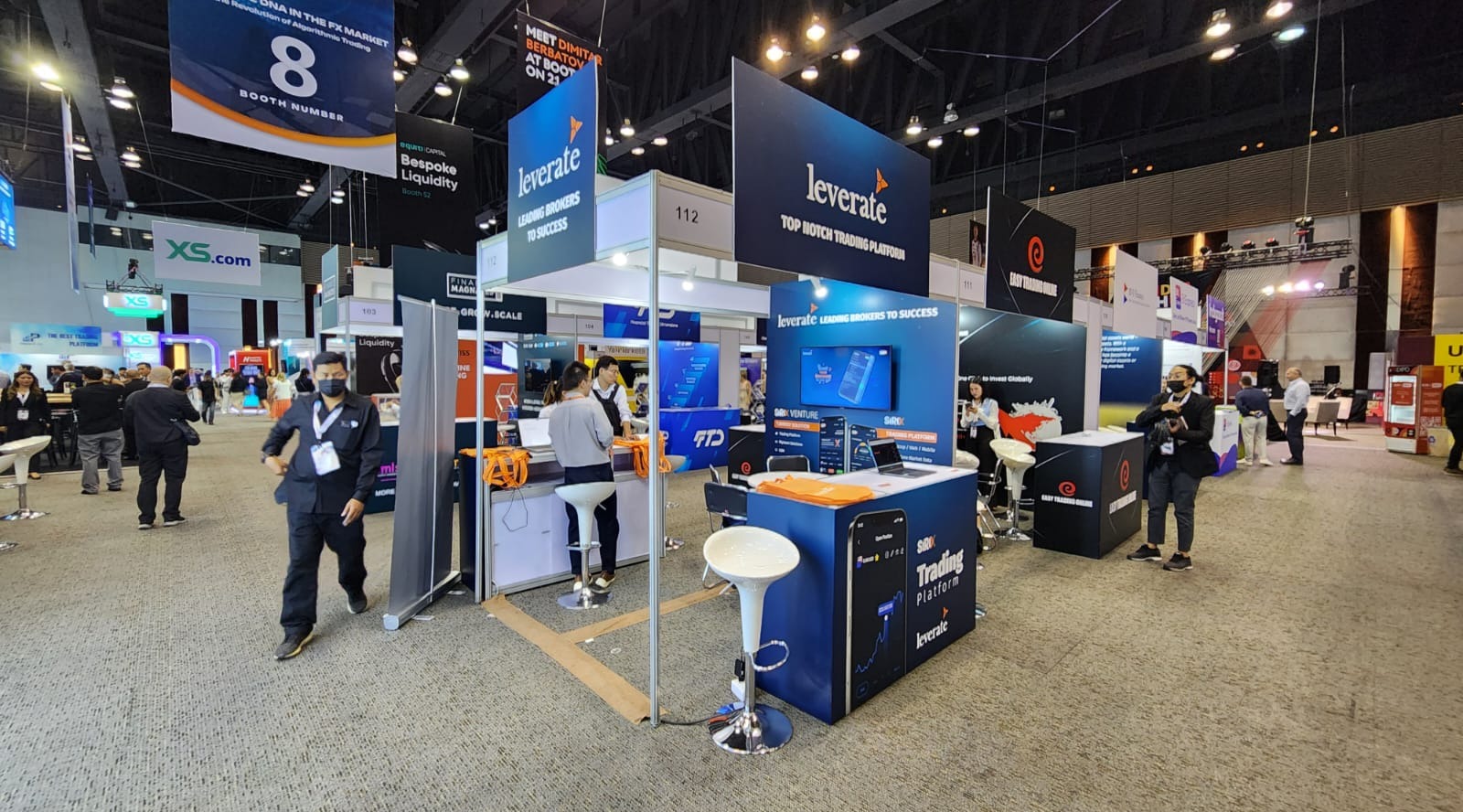A subsidiary of Allianz SE, the Munich-based insurance group, is looking to sell approximately 5% of its stake in the German online banking platform N26 at a considerably reduced price, effectively valuing the company at $3 billion, according to a recent report from Financial Times.
Allianz Plans to Sell Stake in Neobank N26
Allianz X, the venture capital division of Allianz SE, has enlisted the help of an adviser to facilitate the sale of its N26 shares, which are now valued at around 68% lower than the over $9 billion valuation in 2021. This change positions N26 as one of Europe's most valuable fintech firms, albeit trailing competitors like Klarna and Revolut.
While Allianz X is one of the most prominent external investors in N26, the extent of its stake in the company remains unclear. The Financial Times suggests that the sale could enable Allianz to generate nearly $160 million, effectively tripling its initial investment over the past five years. This figure is based on estimates derived from publicly available documentation.
N26 told the Financial Times that it is not presently informed about any ongoing secondary sales from current investors, including Allianz X. Additionally, the company stated that it does not provide commentary on any internal policies that shareholders may employ when determining the value of companies within their portfolio.
This development comes amidst increased scrutiny from banking regulators on the financial stability of lending institutions following the collapse of several regional US banks and the Credit Suisse bailout by UBS.
Pandemic-Driven Neobank Boom Fading?
N26 belongs to a category of financial institutions called 'neobanks' or 'challenger banks'. These entities operate exclusively online, delivering financial services via mobile apps and websites instead of physical branches. Neobanks strive to offer more convenient, accessible, and user-centric banking experiences by leveraging advanced digital tools and technologies.
Challenger banks have been gaining traction in recent years, particularly among tech-savvy younger generations who appreciate flexibility and convenience. Some prominent neobanks include Chime, Revolut, Monzo, and N26. In 2020, following a $100 million Series D funding round , N26's valuation reached $3.5 billion. By October 2021, this figure had climbed to $9 billion.
Although recent news about N26's valuation decline might suggest that the neobank boom is beginning to fade, analysts at AltFi believe that the broader fintech industry remains unthreatened. Indeed, its funding in 2022 has decreased compared to 2021, but this is mainly due to a general economic downturn, as seen in the performance of global stock markets. Nevertheless, last year's figures are still significantly higher compared to pre-pandemic funding levels.
In developing countries, one in four citizens uses challenger bank services, while in Brazil, nearly every second resident does. These services are also popular in highly developed countries: in Ireland, Singapore, and Hong Kong, 20% of citizens utilize products from institutions like N26.
Country | Number of people with a neobank account (2022) | % of people with a neobank account (2022) |
1 Brazil | 91,719,000 | 43% |
2 India | 356,553,704 | 26% |
3 Ireland | 1,127,178 | 22% |
4 Singapore | 1,194,019 | 21% |
5 Hong Kong | 1,482,614 | 20% |
6 UAE | 1,779,698 | 19% |
7 Mexico | 21,422,384 | 17% |
8 Spain | 8,055,468 | 17% |
9 South Africa | 9,021,450 | 15% |
10 Germany | 11,653,197 | 14% |
11 Portugal | 1,448,705 | 14% |
Source: Seon.io
To combat the potential industry downturn, N26 introduced new crypto services by launching a cryptocurrency trading product called N26 Crypto in October of the previous year. Initially, customers in Austria gained access to the new features via the N26 app, with other markets being incorporated progressively. By mid-January, N26 Crypto expanded to traders in five more countries: Belgium, Germany, Ireland, Portugal, and Switzerland. In addition, the company has recently onboarded a trio of female executives to boost marketing and labor relations departments.


















